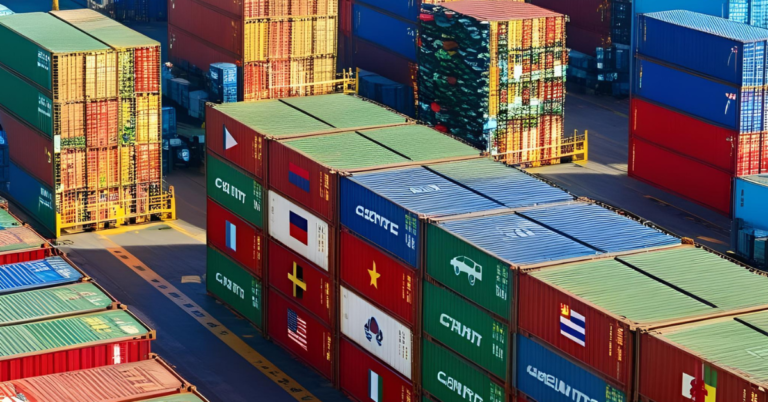
Across the southern United States, a network of detention centers—informally dubbed “Detention Alley”—has become a focal point of growing concern for immigrant communities, especially those from African nations. Recent investigations reveal troubling conditions within these facilities, including overcrowding, medical neglect, and limited access to legal representation.
Many of the detainees are undocumented individuals and international students swept into ICE custody as part of broader immigration enforcement. Reports suggest that these facilities—particularly in Louisiana, Texas, and Florida—are operating well beyond capacity. Centers built to hold around 40,000 people are now housing over 46,000, according to recent data.
One disturbing aspect is the disproportionate impact on Black immigrants. Civil rights groups and legal watchdogs have documented patterns of abuse—ranging from solitary confinement to prolonged detention without access to interpreters or legal counsel. In one Louisiana facility, an asylum seeker from West Africa was held for weeks in isolation after raising concerns about unsanitary conditions.
The mental health consequences are also alarming. Many detainees face extended exposure to fluorescent lights, inadequate nutrition, and minimal contact with the outside world. Psychologists working with advocacy groups report rising cases of PTSD, anxiety, and depression, particularly among detainees who had already endured trauma in their countries of origin.
Legal challenges have begun to emerge. In one case, a civil rights complaint was filed on behalf of a female migrant in Florida who experienced severe psychological and sexual abuse while in ICE custody. Advocates argue such incidents are not isolated but reflective of systemic gaps in accountability and humane treatment.
As these stories come to light, calls for reform are growing louder. Organizations are urging the U.S. government to invest in community-based alternatives, reduce overreliance on detention, and ensure that all migrants—regardless of race or nationality—are treated with dignity and fairness.
The mental health consequences are also alarming. Many detainees face extended exposure to fluorescent lights, inadequate nutrition, and minimal contact with the outside world. Psychologists working with advocacy groups report rising cases of PTSD, anxiety, and depression, particularly among detainees who had already endured trauma in their countries of origin.
Legal challenges have begun to emerge. In one case, a civil rights complaint was filed on behalf of a female migrant in Florida who experienced severe psychological and sexual abuse while in ICE custody. Advocates argue such incidents are not isolated but reflective of systemic gaps in accountability and humane treatment.
As these stories come to light, calls for reform are growing louder. Organizations are urging the U.S. government to invest in community-based alternatives, reduce overreliance on detention, and ensure that all migrants—regardless of race or nationality—are treated with dignity and fairness.
The mental health consequences are also alarming. Many detainees face extended exposure to fluorescent lights, inadequate nutrition, and minimal contact with the outside world. Psychologists working with advocacy groups report rising cases of PTSD, anxiety, and depression, particularly among detainees who had already endured trauma in their countries of origin.
Legal challenges have begun to emerge. In one case, a civil rights complaint was filed on behalf of a female migrant in Florida who experienced severe psychological and sexual abuse while in ICE custody. Advocates argue such incidents are not isolated but reflective of systemic gaps in accountability and humane treatment.
As these stories come to light, calls for reform are growing louder. Organizations are urging the U.S. government to invest in community-based alternatives, reduce overreliance on detention, and ensure that all migrants—regardless of race or nationality—are treated with dignity and fairness.



